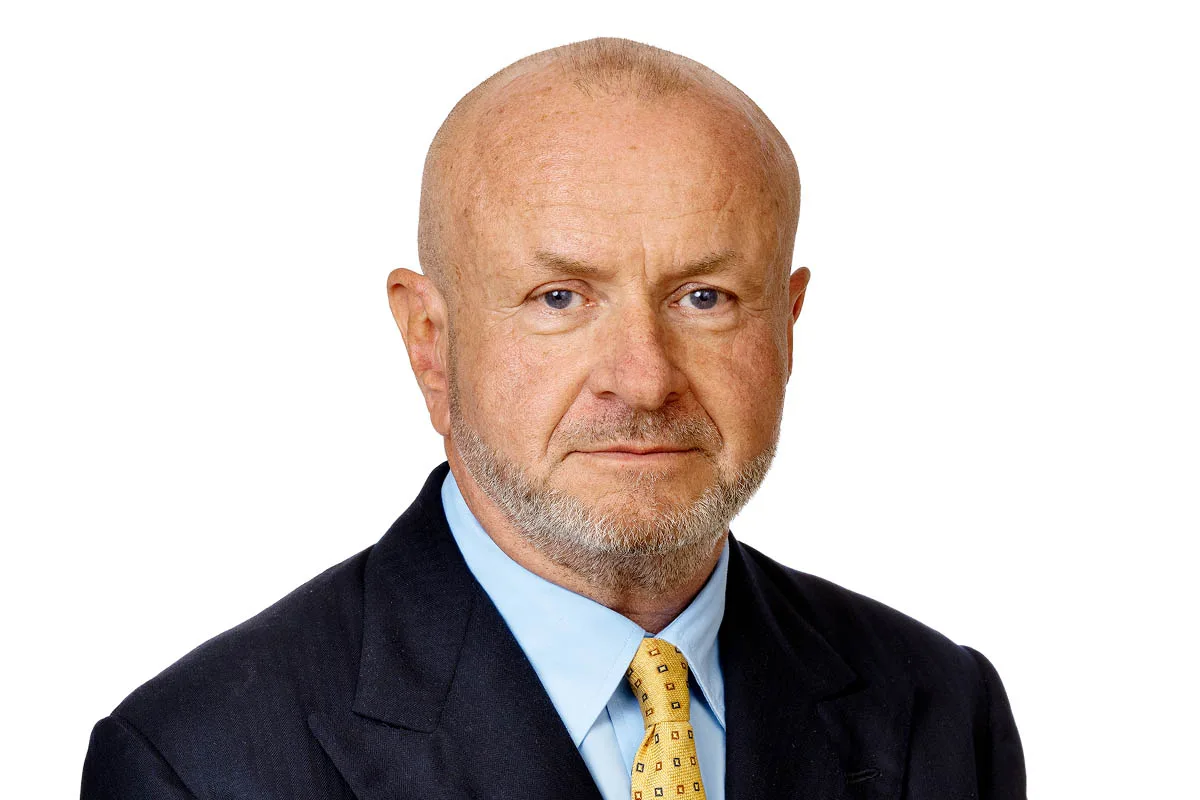David Allen QC, James Brocklebank, Sushma Ananda, and Elizabeth Lindesay acted for the Defendants, Borealis A/S and Borealis UK Limited in a product liability and misrepresentation claim brought by various companies in the Kingspan Group. The claim, said by the Claimants at the start of the trial to be worth in excess of £100 million, concerned the sale by Borealis of a proprietary polyethylene product, Borecene, which was used by customers around the world for the manufacture of a wide variety of products and by Kingspan for the manufacture by rotomoulding of fuel storage tanks for domestic and commercial use. The claim was advanced in contract and tort and on the basis of the Misrepresentation Act 1967. In summary, Kingspan alleged that the ultra-violet stability of Borecene was inadequate for use in external fuel storage tanks and, in addition, that Borealis had made myriad misrepresentations in connection with Borecene which, it was said, induced Kingspan to purchase the product. Kingspan claimed damages for losses said to arise from the fact that a large number of its fuel tanks made from Borecene had cracked whilst in service.
After a trial lasting approximately 3 months, Christopher Clarke J found in favour of Borealis and dismissed the claims against them in their entirety.
In a long and detailed judgment, Clarke J held that Kingspan had failed to establish any deficiency in Borecene which, on the contrary, was suitable for use in the production of external fuel storage tanks. He found that the failure of Kingspan’s fuel tanks in service was instead the result of poor designs, deficient processing, and inadequate quality control. Kingspan had, in effect, caused its own loss. He further found that the contractual claim was governed by Danish law and was subject to Borealis’ standard terms of conditions. In the circumstances, even had Kingspan succeeded, its claim would have been limited to the value of the product purchased by them. In addition, he found that part of the claim was time-barred as a matter of Danish law.
As for the misrepresentation claim, the Judge found that this too was governed by Danish law (applying section 12 of the Private International Law (Miscellaneous Provisions) Act 1995 and finding that it was substantially more appropriate for the applicable law to be Danish law, since this was the law governing the parties’ contractual relationship). On this basis, the misrepresentation claim was bound to fail since Danish law does not recognise an independent cause of action in misrepresentation. Clarke J nonetheless went on to consider the misrepresentation claim on the evidence and found that it failed on the facts in any event (because no misrepresentations had been made or there had been no inducement of the Claimants).
A number of the elements of the judgment are of general interest, including in particular Clarke J’s discussion of the appropriate tests for determining issues of satisfactory quality and fitness for purpose in product liability claims, his consideration (obiter) of the requirements of a claim under the Misrepresentation Act 1967, the decision as to the applicable law of a claim in misrepresentation (commenting on the decisions of Aikens J in Trafigura Beheer BV v Kookmin Bank Co [2006] 2 Lloyd’s Rep 455 and Dornoch Ltd. v The Mauritius Union Assurance Co Ltd. [2006] Lloyd’s Rep IR 127), and his discussion of the scope of the international supply contracts exception in section 26 of the Unfair Contract Terms Act 1977.
A further point of interest raised by earlier decisions in the case is in the context of security for costs: the Commercial Court has held in two judgments (Field J and Blair J) that the conventional form of security is either payment into Court or provision of a first class bank guarantee and that a defendant is not obliged to accept security in the alternative form of a parent company guarantee.
To view the judgment click here.




